Graduate Research Opportunities
Dr. Samuel Abassah-Oppong
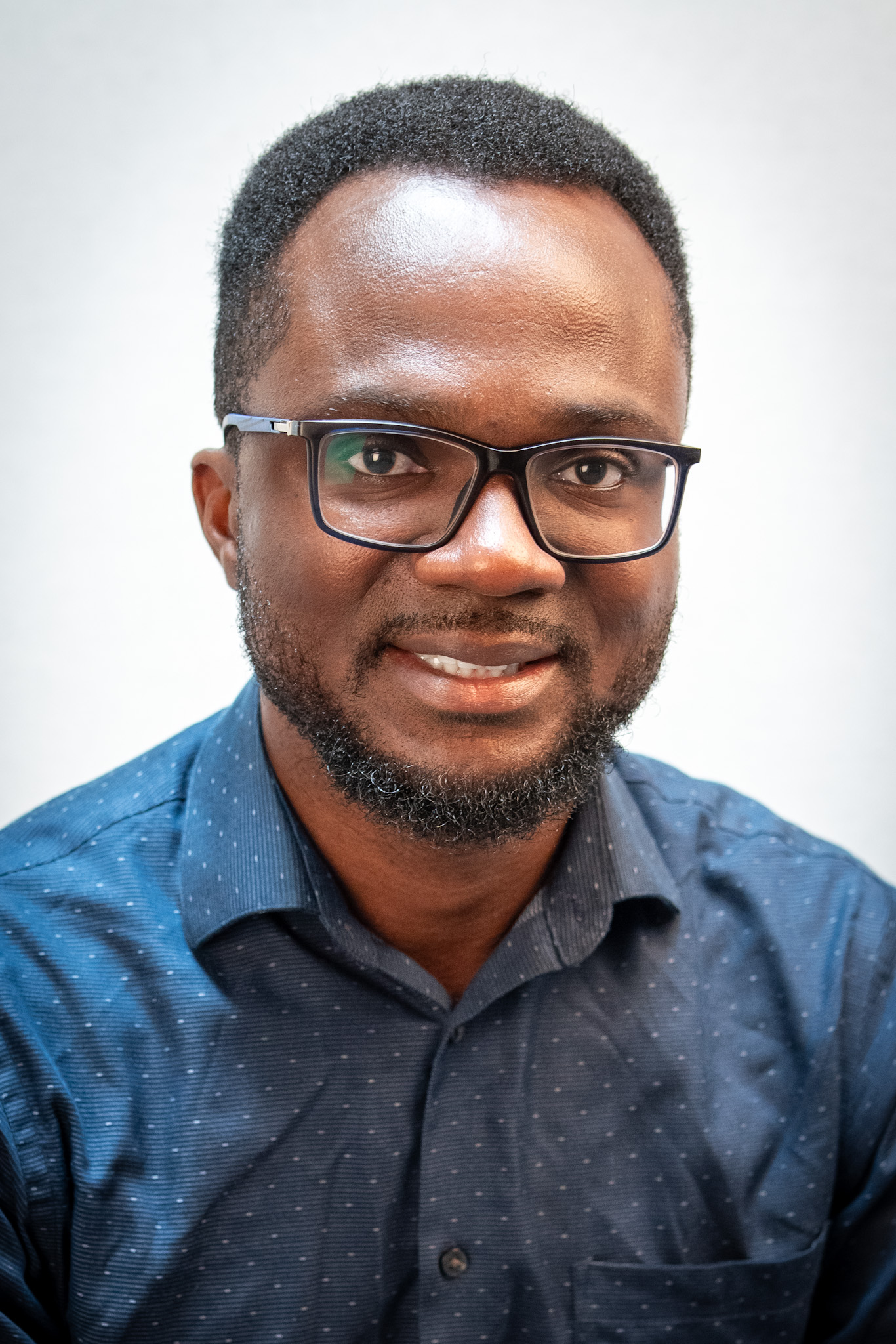
The central theme of our research is the characterization and functional analysis of cis-regulatory elements. An essential objective of the lab is to define enhancers and how enhancers enforce transcriptional programs of their target genes.
Our current research is focused on describing liver enhancers of the Shox2 gene and the probable contributions of these enhancers to Shox2 liver patterning and in the etiologies of damaged liver.
Our laboratory employs both traditional molecular biology techniques and genomic methods. The following are some specific approaches employed by our laboratory:
- Reporter gene assay
- Comparative genomics
- Circular chromosome conformation capture sequencing (4C-seq)
Dr. Medhavi Ambardar
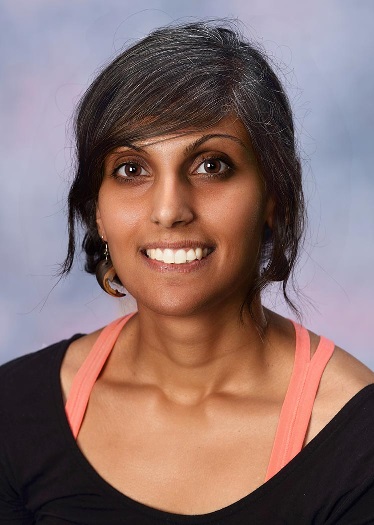
My research primarily focuses on behavior, life history, conservation, and physiology of wild birds. Graduate students in my research group often focus on some aspect of reproductive success, but students are encouraged to develop research questions that interest them and that make for feasible research projects. Undergraduate students assist with banding and blood sampling of House Wrens, and analyzing blood smear slides and behavior videos. Past projects have included determining nesting of grassland birds, determining factors related to life history traits in Eastern and Say's Phoebes, and using drones to map Ferruginous Hawk nests.
Dr. Rob Channell
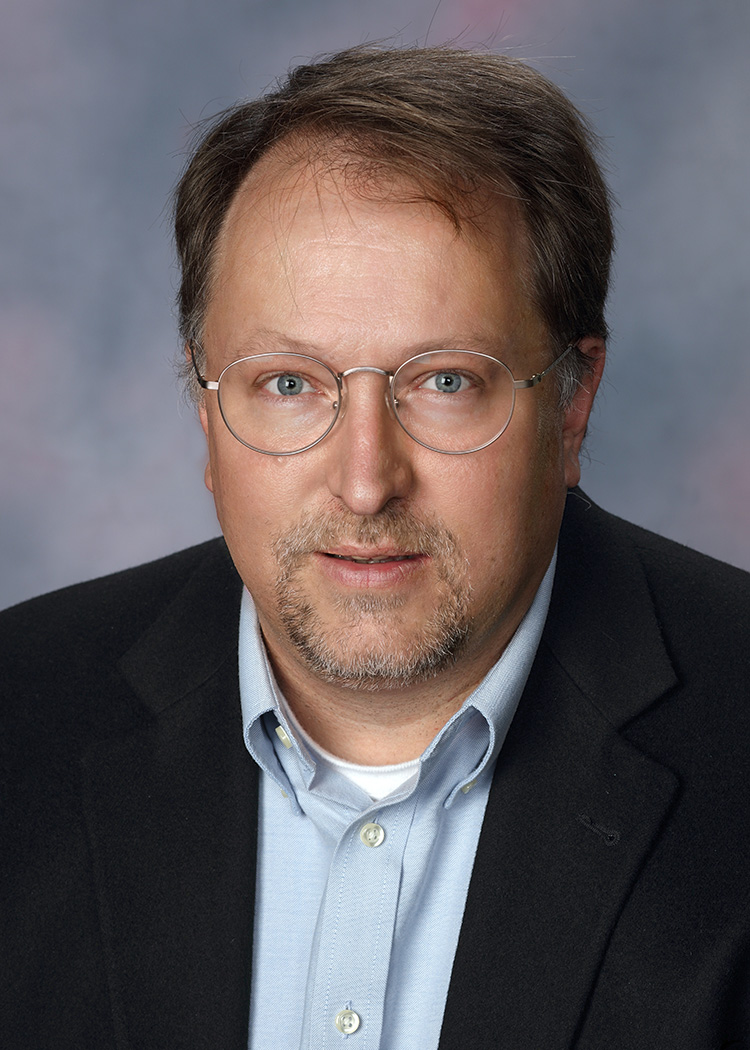
I research how the distribution and abundance of species change due to human influences. I am particularly interested in extinction as an ecological process. My research can be applied to the conservation and management of threatened and endangered species, and it seeks to contribute to a greater understanding of how the abundance and distribution of species help structure the natural world. I greatly enjoy working with undergraduate and graduate students. My research students have explored numerous research questions that affect the conservation of biodiversity. They have gone on to positions at state and federal agencies, nonprofit organizations, and universities. Working with students is the best part of my job.
Dr. Eric Gillock
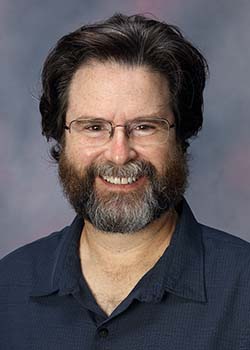
My undergraduate and graduate students work on a variety of microbiologically-oriented projects. Some students are busy examining the prevalence and variation of porcine endogenous retroviruses in domestic versus feral pig tissues. Other students are actively screening environmental microorganisms for the ability to produce beneficial and novel antibacterial or antifungal compounds. We have also conducted projects dealing with cloning and sequencing prion genes from various animals, as well as looking at retrotransposons, plasmids and prions in yeast cells.
Dr. Michael Gruenstaeudl
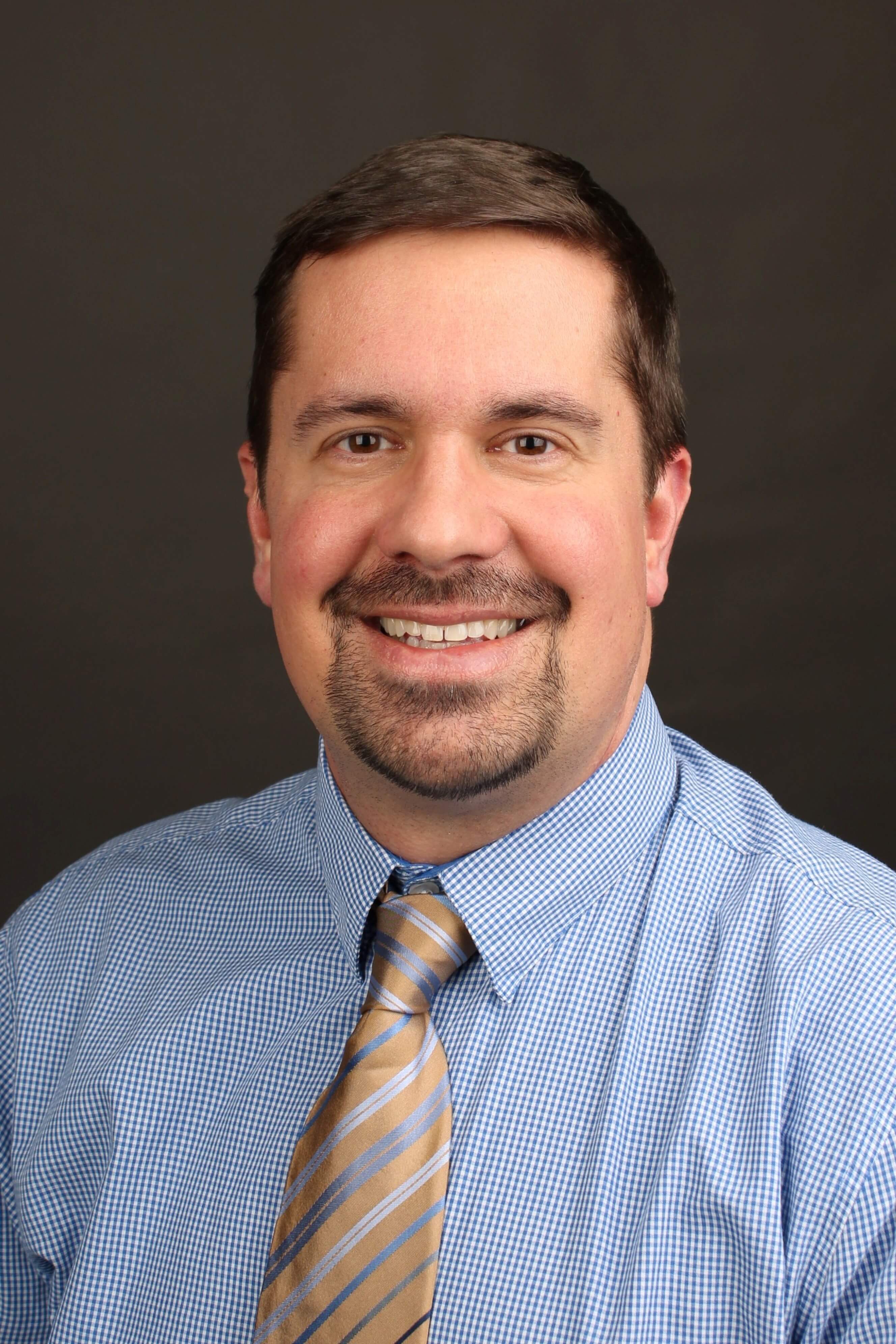
Dr. Tara Phelps-Durr

My research focuses on the analysis of gene expression during plant development. I use Arabidopsis thaliana as a model system. I am specifically interested in developing new mutations in genes known to be involved in plant development. My lab creates targeted mutations though CRISPR and analyzes the resulting phenotypes. We examine the CRISPR mutants for misexpression of genes known to be required for proper plant development. We also create 3D computational models of the plant development proteins encoded by the normal and mutated genes.
Dr. William J. “Bill” Stark
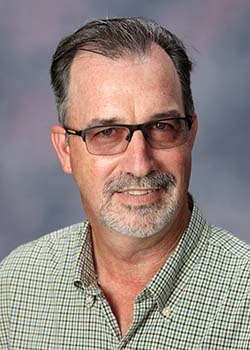
I engage students in wide variety of course work, field experiences, and research opportunities but with emphasis in ecology and conservation of natural resources. I enjoy working with students on projects of their own design or interest and some examples include: population characteristics of Walleye, Blue Catfish, the natural history of numerous turtle, reptile, and amphibians species, as well as ecology of ground beetles, diatoms, and freshwater mussels. The core of my teaching specialty includes Aquatic Ecology, Fisheries Management, Herpetology and Ichthyology. All of these courses have an extensive field component that provides a “real-world hands-on” experience as an integral part of preparation for graduate study or employment. Most recently, I have developed courses in Unoccupied Aerial Systems or ‘drone’ technology in support of the next generation of natural resource investigations. Students can obtain a Remote Pilot Certification and develop skill with the operation of several UAS and flight-control software packages in this rapidly developing technology.